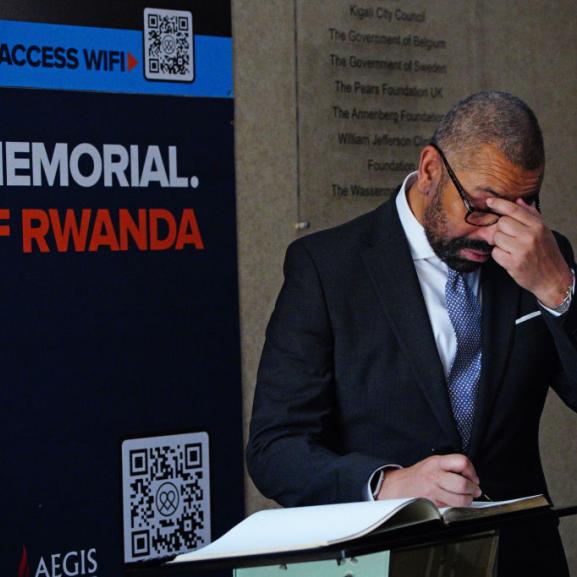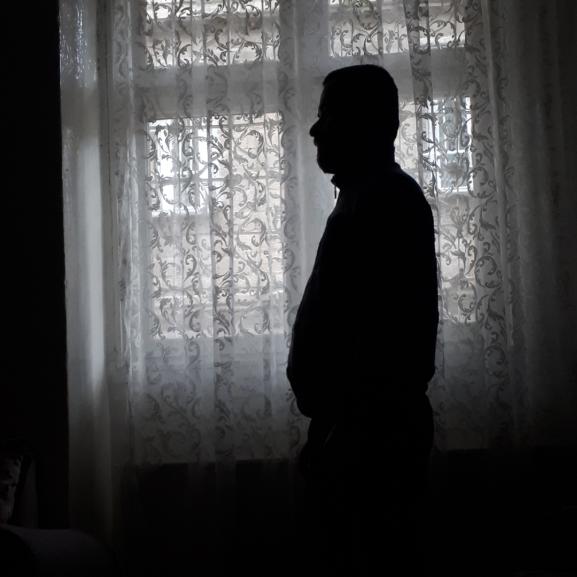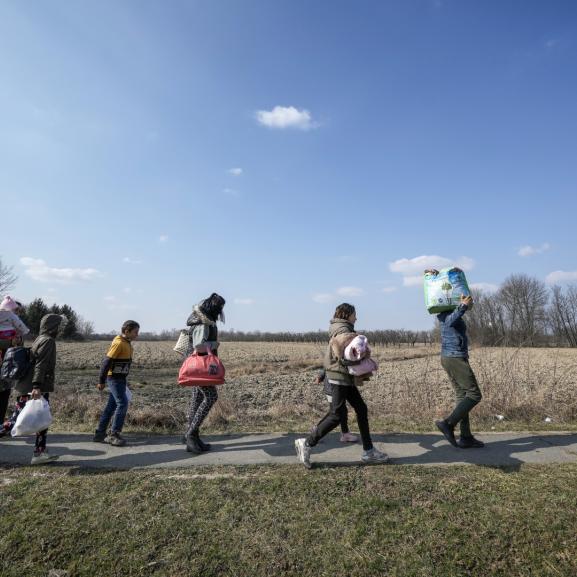From torture cell to therapy room: Freedom from Torture convenes forum on the new challenges facing torture survivors
The challenges facing torture survivors seeking safety and rehabilitation amidst the largest flows of displaced people and refugees in history, and more restrictive European asylum policies, were discussed by an inter-agency expert forum convened by Freedom from Torture this week.
Medecins San Frontieres, Doctors of the World, Physicians for Human Rights, the International Rehabilitation Council for Torture Victims, the International Organisation on Migration and UNHCR were among the organisations that sent experts to the event From torture cell to therapy room.
Survivors Speak OUT, members of the torture survivors' advocacy network who are former Freedom from Torture clients, informed the discussions from the point of view of survivors.
Andy Keefe, Freedom from Torture's director of national clinical services, said
"Freedom from Torture is extremely concerned about the perilous journeys being undertaken by survivors of torture trying to reach safety in Europe. For this reason we are exploring with a number of organisations what can be done to support survivors on their journey from the torture cell to safety and the possibility of rehabilitation.
The experts who contributed to our forum have confirmed that we are operating in an extremely challenging context, but there are possibilities for joint solutions.
We must keep our focus on the obligation of states that have ratified the Convention Against Torture to provide the fullest possible rehabilitation to torture survivors. It will be essential to find points of cooperation within and across our agencies, and make use of new technologies, and torture survivor expertise, through survivor-to-survivor support services."
Some of the experts' views at From torture cell to therapy room included:
- The viability of survivors accessing rehabilitation services and support in the countries where they have been tortured depends on a range of factors, particularly the security context. The experts considered this not impossible, but pointed out challenges based on previous experiences
- There are a variety of health services available in refugee camps including the possibility of referral to specialist torture rehabilitation services. But difficulties with the disclosure of torture in these settings, combined with the sheer volume of people in the camps, mean there is always a risk that the most vulnerable are not identified, which could harm resettlement prospects
- For those crossing to Europe on their own steam, pressure to keep moving is intense. Even survivors with pressing health needs are reluctant to access services en route for fear of missing border crossings, or separating from their group
- The speed at which people are moving means delivering torture rehabilitation or documentation services is extremely challenging and may actually be damaging at a point when survivors most need to concentrate on resilience and basic needs like food, shelter, transport and information about loved ones.
Read From Torture Cell to Therapy Room: Survivors’ Journey’s to Rehabilitation







